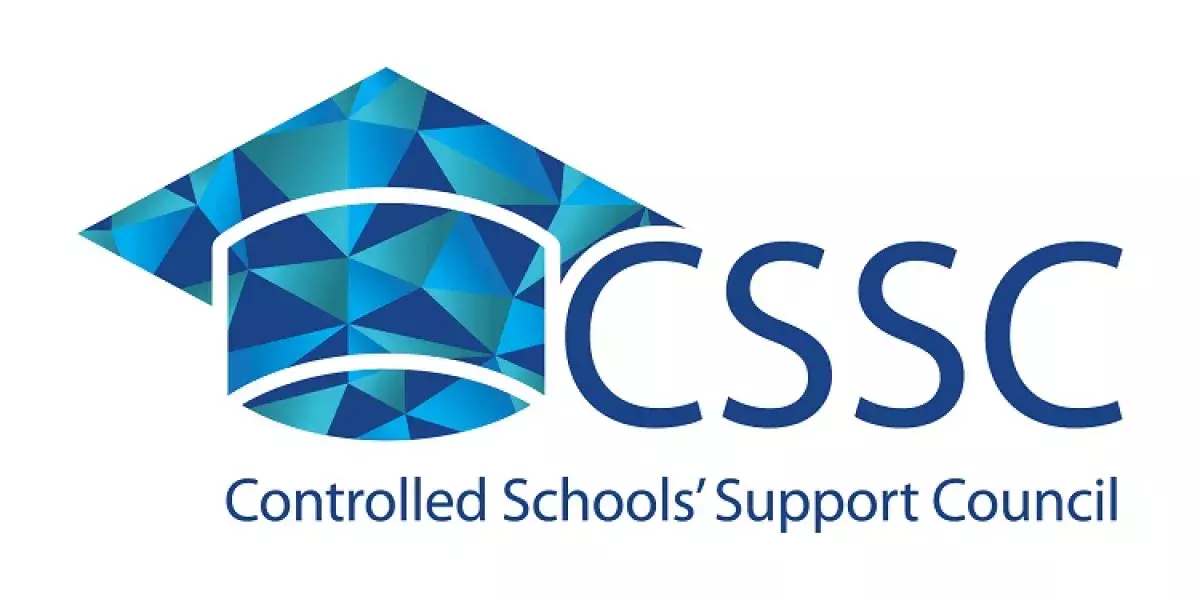- About us
- Schools
- Governors
- News
- Events
- Publications
- Ethos
- #OpenToAll
- Contact
- Search
Minibus licence changes a ‘disaster for schools’
Preventing teachers from volunteering to drive minibuses in schools has been described as a ‘disaster for schools, with pupils suffering the most’.

The Controlled Schools’ Support Council (CSSC) has issued its findings today, Wednesday 25 October, following its consultation with controlled schools.
The consultation was designed to ascertain the impact of the proposed change that means staff will no longer be able to drive school minibuses without a full D1 licence and a driver qualification card.
Controlled schools’ principals have highlighted the devastating consequences these changes will have on children and young people’s education, amid confusion regarding the Department of Infrastructure’s consultation.
CSSC Chief Executive Barry Mulholland said,
Our consultation shows that in just 49 schools, over 530 staff drivers were identified.
Scale this up across Northern Ireland and the number of staff affected by the changes runs into thousands.
Schools will be left with the choice to either pay for drivers to complete the necessary steps to meet the requirements, rely on private providers or curtail their activities as a result of the incoming changes.
In the current financial climate this is just not possible or realistic for schools. Goodwill is being eroded and many activities that pupils take for granted will cease.
It doesn’t make sense that a member of staff who volunteers to drive a school minibus, for example to an extra-curricular sporting event, will be prevented from doing so through this new interpretation of the regulation. This same member of staff will still be able to volunteer to drive a minibus for another organisation, so it isn’t about their competence.
While we agree that staff who are required to drive a school minibus as an explicit function of their job should be appropriately licensed, our consultation has shown the detrimental impact these changes will have on the quality of education provided to pupils.
Barry Mulholland added,
The situation has been further exacerbated by rumours that DfI is going to make a ruling imminently, prior to the consultation closing. We are finding it difficult to have this confirmed, which is further adding to the stress that Principals are under.
CSSC has also engaged with a wide range of stakeholders to ascertain the impact of this change of interpretation and appreciate that many other sectors will also be affected, including community transport providers and organisations such as the Duke of Edinburgh Awards scheme, which may further impact on children and young people.
The impact on pupils
School principals were asked if minibus license changes would have any impact on their pupils. Comments included:
The fabric of school life is supported by the ability of school staff to transport pupils to an enormous range of co- and extra-curricular activities. The introduction of the proposed requirements would have a deeply debilitating effect on the totality of our young people's education.
25 October 2017
There has been little to no rationale given for this major legislative change and schools certainly would have had insufficient time to adequately "re-work" budgets, teacher timetables, sub-cover etc., all of which bring with them additional financial pressure which is already at crisis level.
If staff are willing to give of their own time to support pupils by driving them to an event or match in a school minibus, paid for by the school, and it works, why would we be putting another barrier in the way? Education is built upon good will and I'm afraid this is another thing that serves to strip it away - hugely frustrating!
Extra -curricular sport would be severely affected. Minibus is needed to transport pupils to participate in Leagues and Cups against other schools. Other extra-curricular trips and visits also require the use of the minibus. The extra-curricular participation is a vital component of the school experience and must be promoted and delivered to provide a holistic experience for pupils.
Summary
In total 98 schools responded to the consultation (19% of member schools), which took place between Friday 13 and Monday 23 October 2017.
Key findings
- 49% of responding schools had between one and three minibuses. None of the schools had more than three buses.
- Post-primary schools and special schools have higher minibus use than primary and nursery schools.
- Within the 49 schools which used minibuses, there are over 530 staff who drive them. Post-primary and special schools have higher volumes of staff who drive buses.
- 92% of staff drive the minibus on a voluntary basis.
- 96% of schools could not afford to cover the cost of meeting the new requirements.
- Key messages from schools:
- schools are already in crisis due to budget cuts, they cannot afford the additional costs this change will incur
- schools question the rationale behind the changes/lack of understanding about why this change is being implemented
- there will be a detrimental impact on both curricular and extra-curricular activities
- concerns about the impact on children and young peoples' education